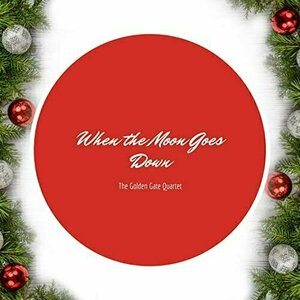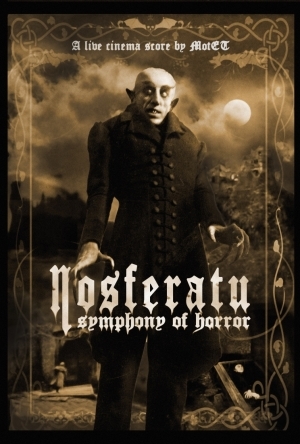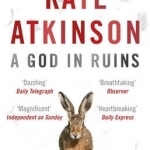
A God in Ruins
Book
WINNER OF THE 2015 COSTA NOVEL AWARD. A God in Ruins relates the life of Teddy Todd - would-be poet,...
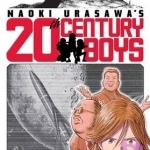
Naoki Urasawa's 20th Century Boys
Book
The Friend is dead. As the news spreads around the world, the members of the Friends' executive...

Avatar 3 (2021)
Movie
Avatar 3 is an upcoming American epic science fiction film directed, produced, co-written, and...
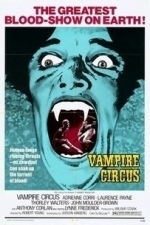
Vampire Circus (1972)
Movie
Late-period Hammer horror movie, released on a double-bill with Countess Dracula. When the townsfolk...
Hammer Horror
Gandhi: The Man, His People and the Empire
Book
This monumental and authoritative biography of one of the most intriguing and complexfigures of the...
Ideological Equals: Women Architects in Socialist Europe 1945-1989
Mary Pepchinski and Mariann Simon
Book
Ideological Equals: Women Architects in Socialist Europe 1945-1989 presents an alternative narrative...

Wake Up and Soar: How to Master Your Own Wellbeing
Book
It's time to take charge of your life and master your own wellbeing, so that you can live your...
Brian Eno recommended Go Where I Send Thee by Golden Gate Quartet in Music (curated)
Robert Eggers recommended Nosferatu (Eine Symphonie Des Grauens) (1922) in Movies (curated)
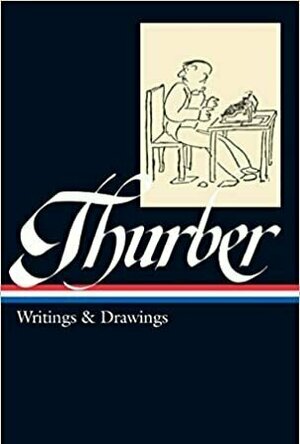
Writings and Drawings
Book
James Thurber, whimsical fantasist and deadpan chronicler of everyday absurdities, brought American...

